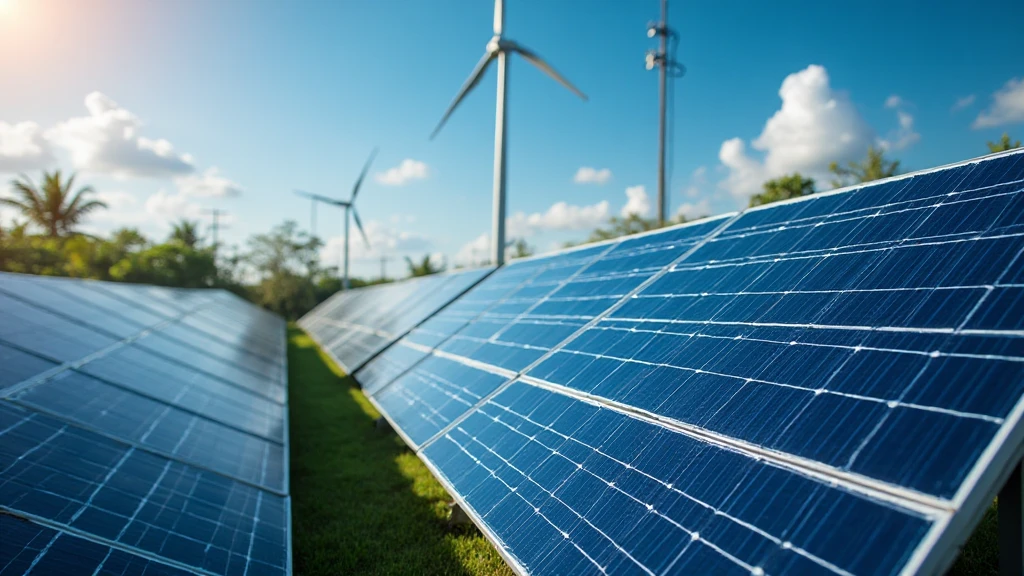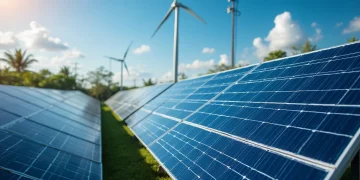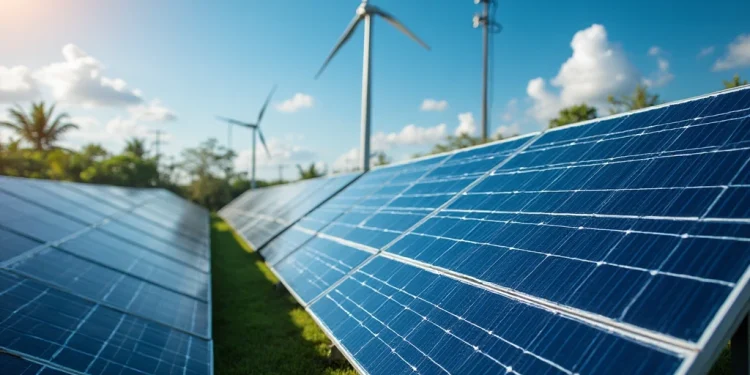Introduction
With the rising demand for sustainable energy solutions, Vietnam is embracing blockchain technology for energy trading. In recent years, the energy sector has seen a shift towards decentralized models, creating opportunities for efficient trading. Vietnam’s energy consumption rate has grown by 10% annually, highlighting the urgent need for innovative trading methods to meet future demand.
Understanding Blockchain Energy Trading
Blockchain energy trading allows users to buy and sell excess energy, particularly from renewable sources. Think of it as a digital marketplace where prosumers (producers and consumers) transact directly without intermediaries. According to a report from Vietnam Power Group, 30% of energy generation could potentially shift to decentralized markets by 2025.
Benefits of Blockchain for Energy Trading
- Transparency: Every transaction is recorded on an immutable ledger, ensuring accountability.
- Efficiency: Smart contracts automate transactions, reducing time and cost.
- Decentralization: Reduces reliance on central energy suppliers, empowering local producers.
Challenges to Implementation
Despite its benefits, the transition to blockchain energy trading in Vietnam faces hurdles:

- Regulatory Framework: There is a need for clear laws governing blockchain transactions.
- Technology Adoption: Limited awareness and technical know-how among local producers.
Market Growth Projections
Research from Global Energy Agency shows that by 2025, Vietnam’s blockchain energy market could grow by 50%, driven by increasing consumer interest in renewable energy sources.
Case Studies in Vietnam
One significant project in Vietnam is the pilot program in Ho Chi Minh City, where households generate and trade solar energy through a blockchain platform. This initiative not only promotes green energy but also engages local communities, paving the way for future innovations.
Future Outlook
The future of blockchain energy trading in Vietnam looks promising. With the government’s vision for a green energy transition, blockchain could play a pivotal role in ensuring energy security and sustainability. As more users recognize the benefits of decentralized trading, Vietnam could emerge as a regional leader in blockchain energy solutions.
Conclusion
In summary, the integration of blockchain technology in Vietnam’s energy trading sector presents a unique opportunity for sustainable growth. By leveraging its advantages, Vietnam can enhance energy efficiency and empower local producers. Keep an eye on this evolving sector, as it is set to redefine how energy is transacted across the nation.
Discover more about blockchain innovations at hibt.com.



























